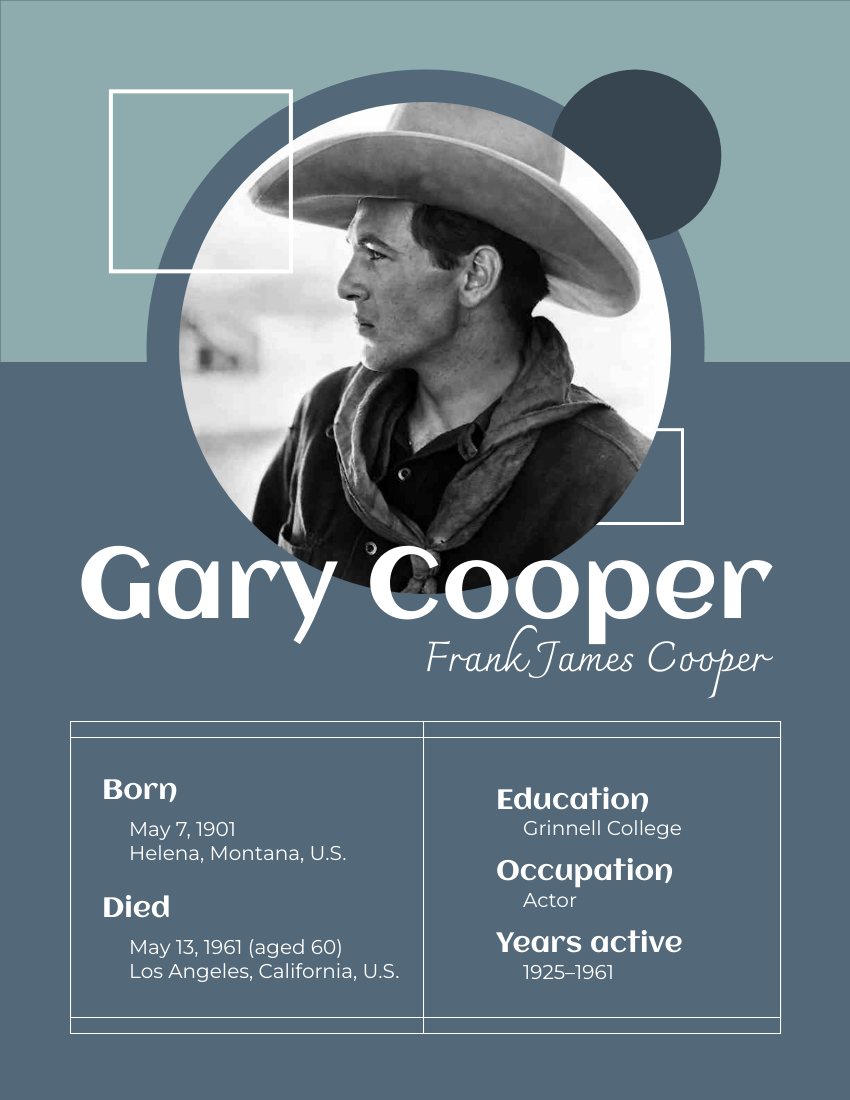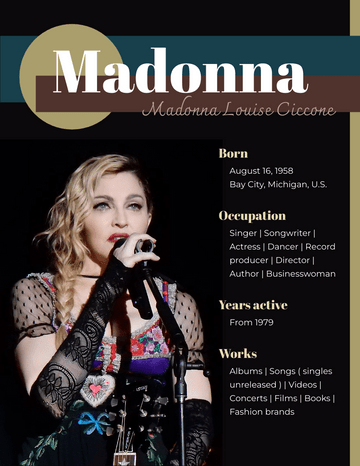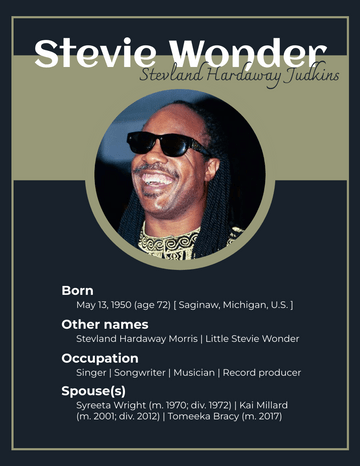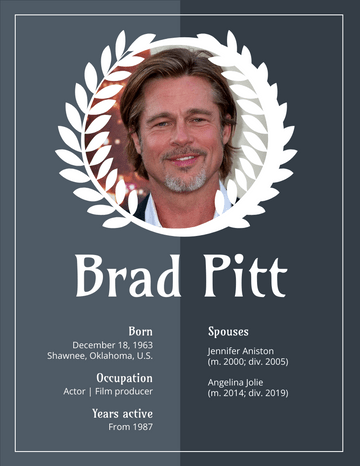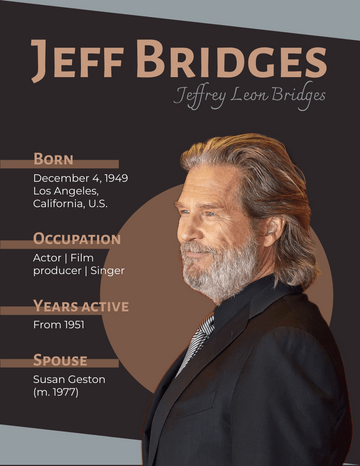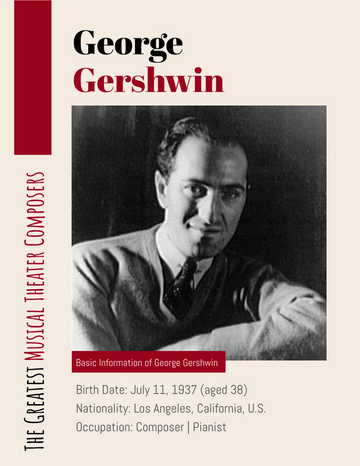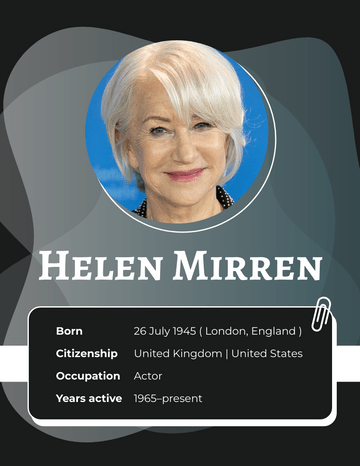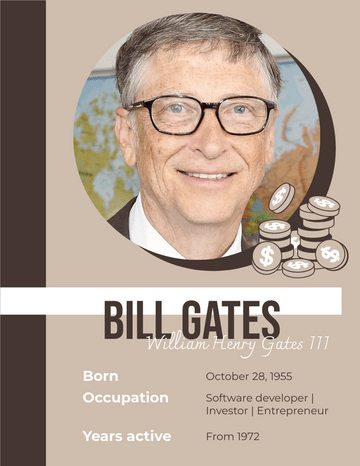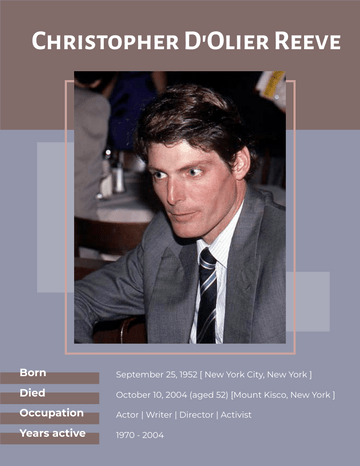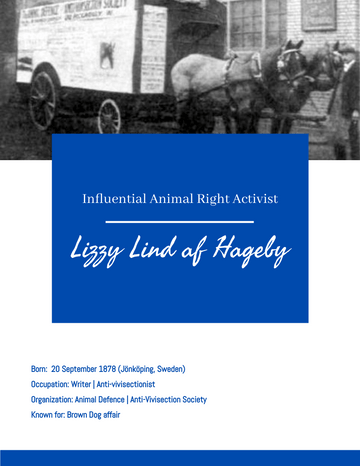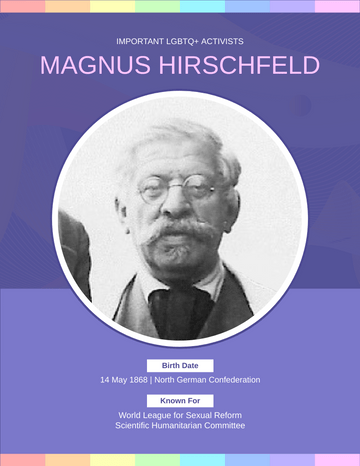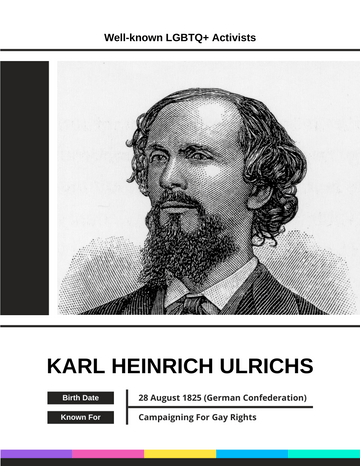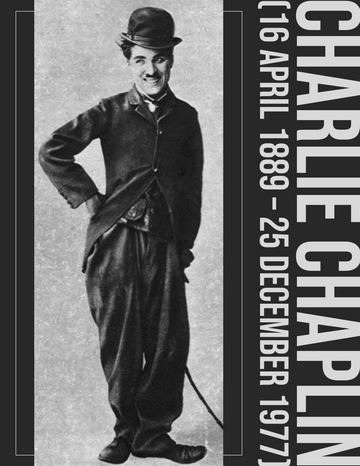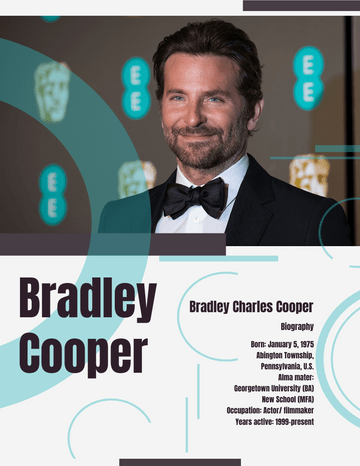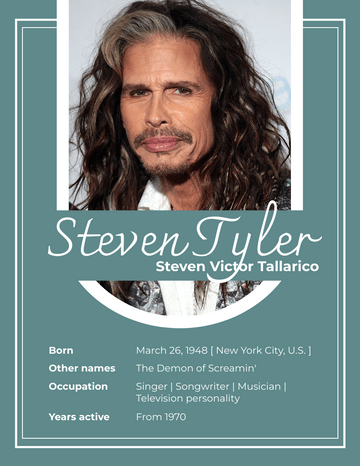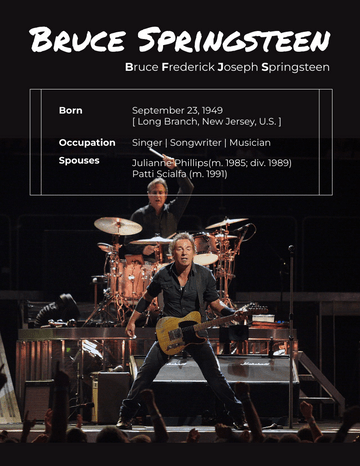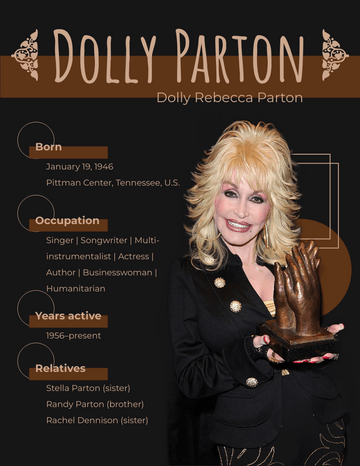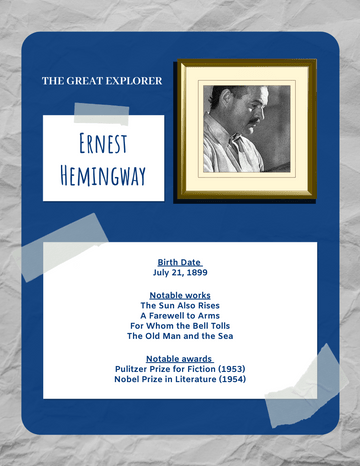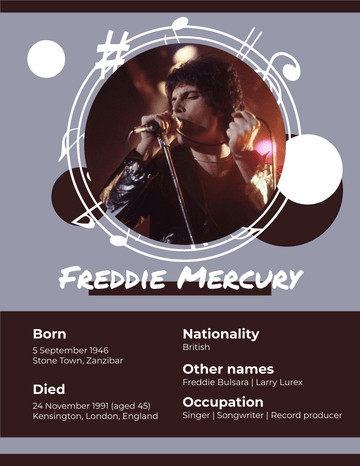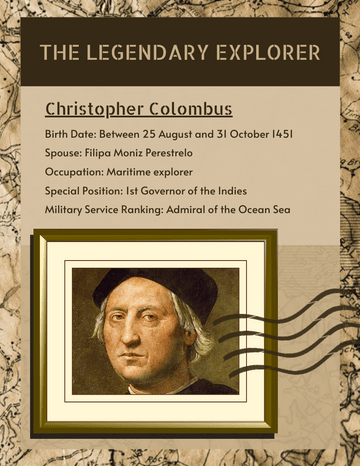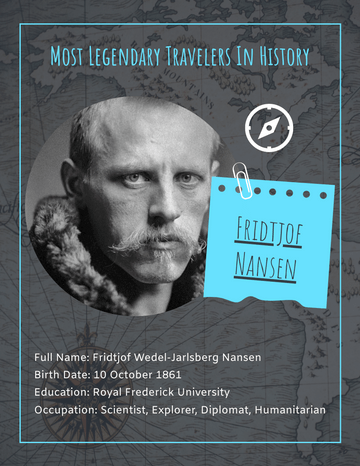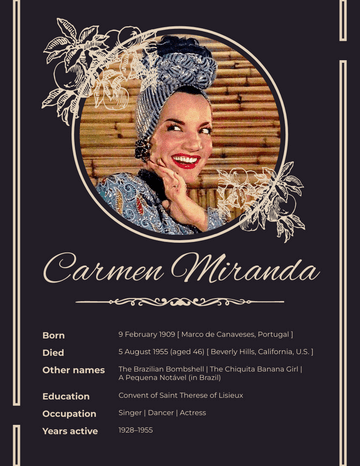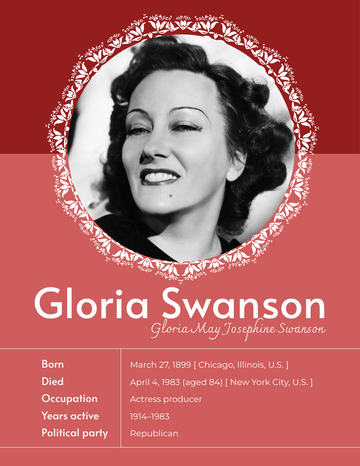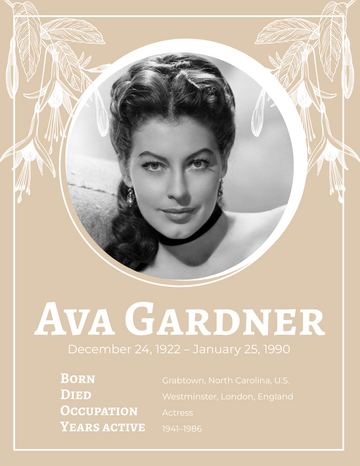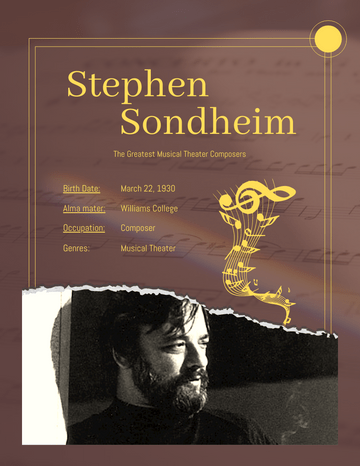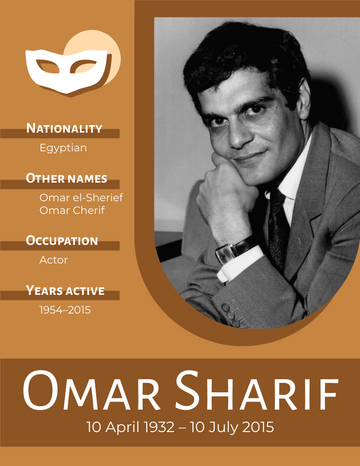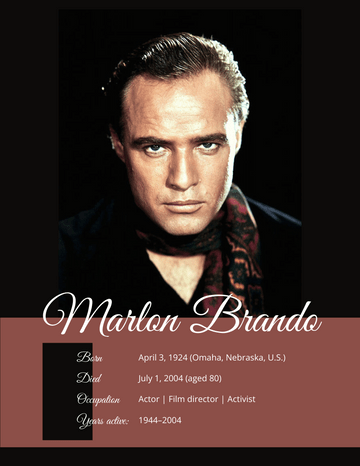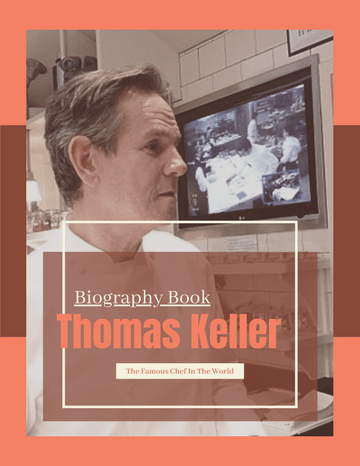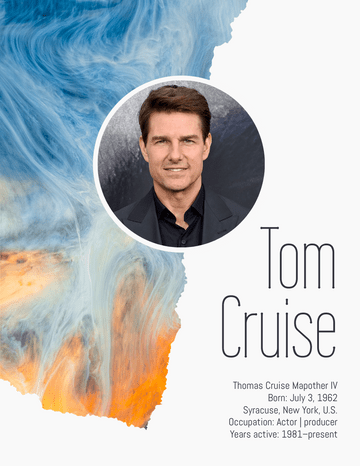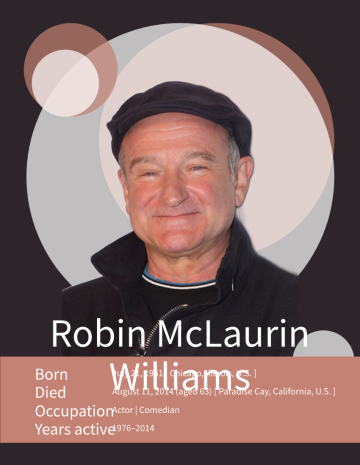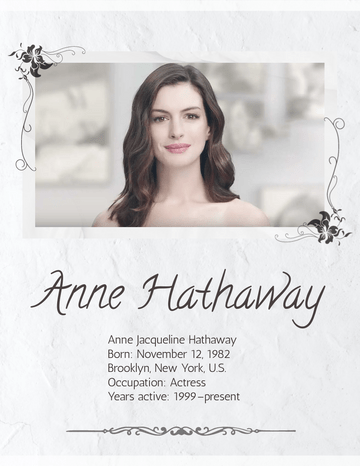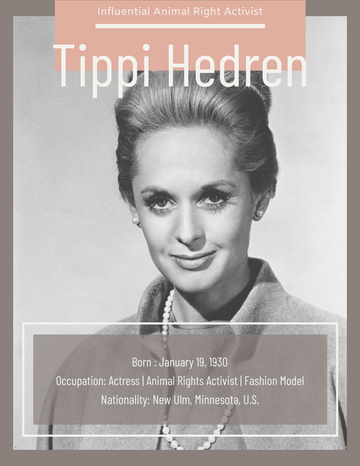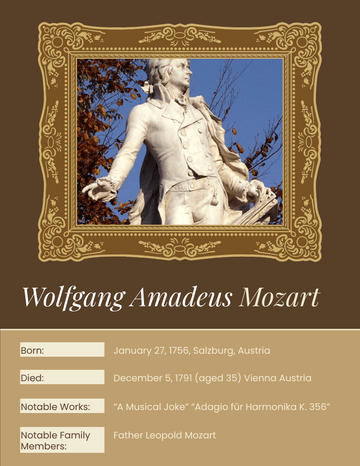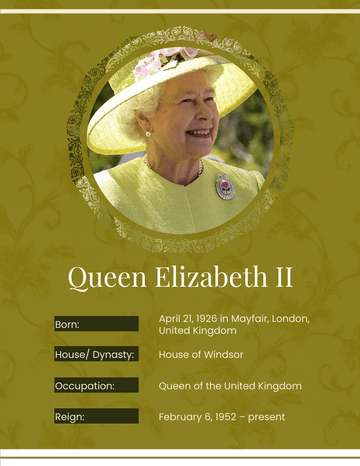Gary Cooper
Frank James Cooper
Born: May 7, 1901 [Helena, Montana, U.S.]
Died: May 13, 1961 (aged 60) [Los Angeles, California, U.S.]
Education: Grinnell College
Occupation: Actor
Years active: 1925–1961
Gary Cooper (born Frank James Cooper ) was an American actor known for his strong, quiet screen persona and understated acting style.
He won the Academy Award for Best Actor twice and had a further three nominations, as well as an Academy Honorary Award in 1961 for his career achievements. He was one of the top 10 film personalities for 23 consecutive years and one of the top money-making stars for 18 years.
The American Film Institute (AFI) ranked Cooper at No. 11 on its list of the 25 greatest male stars of classic Hollywood cinema.
Click here to read the flipbook.
Career
Cooper's career spanned 36 years, from 1925 to 1961, and included leading roles in 84 feature films. He was a major movie star from the end of the silent film era through to the end of the golden age of Classical Hollywood.
His screen persona appealed strongly to both men and women, and his range included roles in most major film genres. His ability to project his own personality onto the characters he played contributed to his natural and authentic appearance on screen. Throughout his career, he sustained a screen persona that represented the ideal American hero.
About his works
Cooper began his career as a film extra and stunt rider but soon landed acting roles. After establishing himself as a Western hero in his early silent films, he appeared as the Virginian and became a movie star in 1929 with his first sound picture, The Virginian.
In the early 1930s, he expanded his heroic image to include more cautious characters in adventure films and dramas such as A Farewell to Arms (1932) and The Lives of a Bengal Lancer (1935). During the height of his career Cooper portrayed a new type of hero, a champion of the common man in films such as Mr. Deeds Goes to Town (1936), Meet John Doe (1941), Sergeant York (1941), The Pride of the Yankees (1942), and For Whom the Bell Tolls (1943). He later portrayed more mature characters at odds with the world in films such as The Fountainhead (1949) and High Noon (1952).
In his final films, he played non-violent characters searching for redemption in films such as Friendly Persuasion (1956) and Man of the West (1958).
Acting style
Cooper's acting style consisted of three essential characteristics: his ability to project elements of his own personality onto the characters he portrayed, to appear natural and authentic in his roles, and to underplay and deliver restrained performances calibrated for the camera and the screen.
Acting teacher Lee Strasberg once observed: "The simplest examples of Stanislavsky's ideas are actors such as Gary Cooper, John Wayne, and Spencer Tracy. They try not to act but to be themselves, to respond or react. They refuse to say or do anything they feel not to be consonant with their own characters."
Film director François Truffaut ranked Cooper among "the greatest actors" because of his ability to deliver great performances "without direction". This ability to project elements of his own personality onto his characters produced a continuity across his performances to the extent that critics and audiences were convinced he was simply "playing himself".
